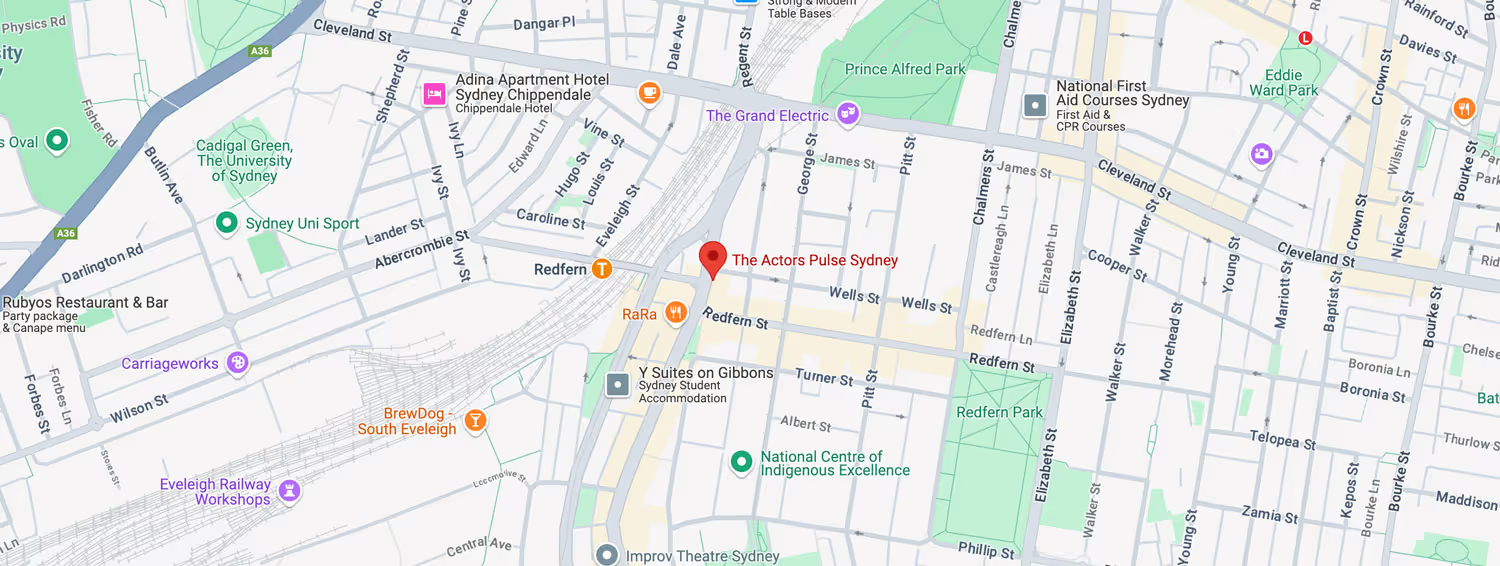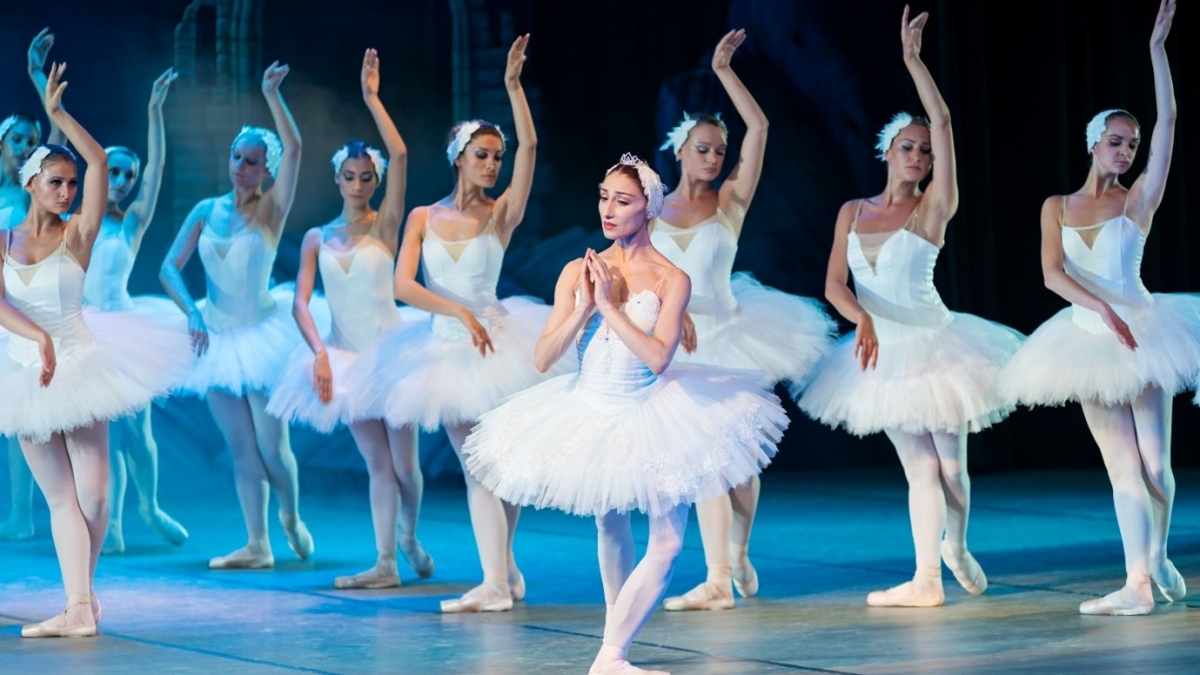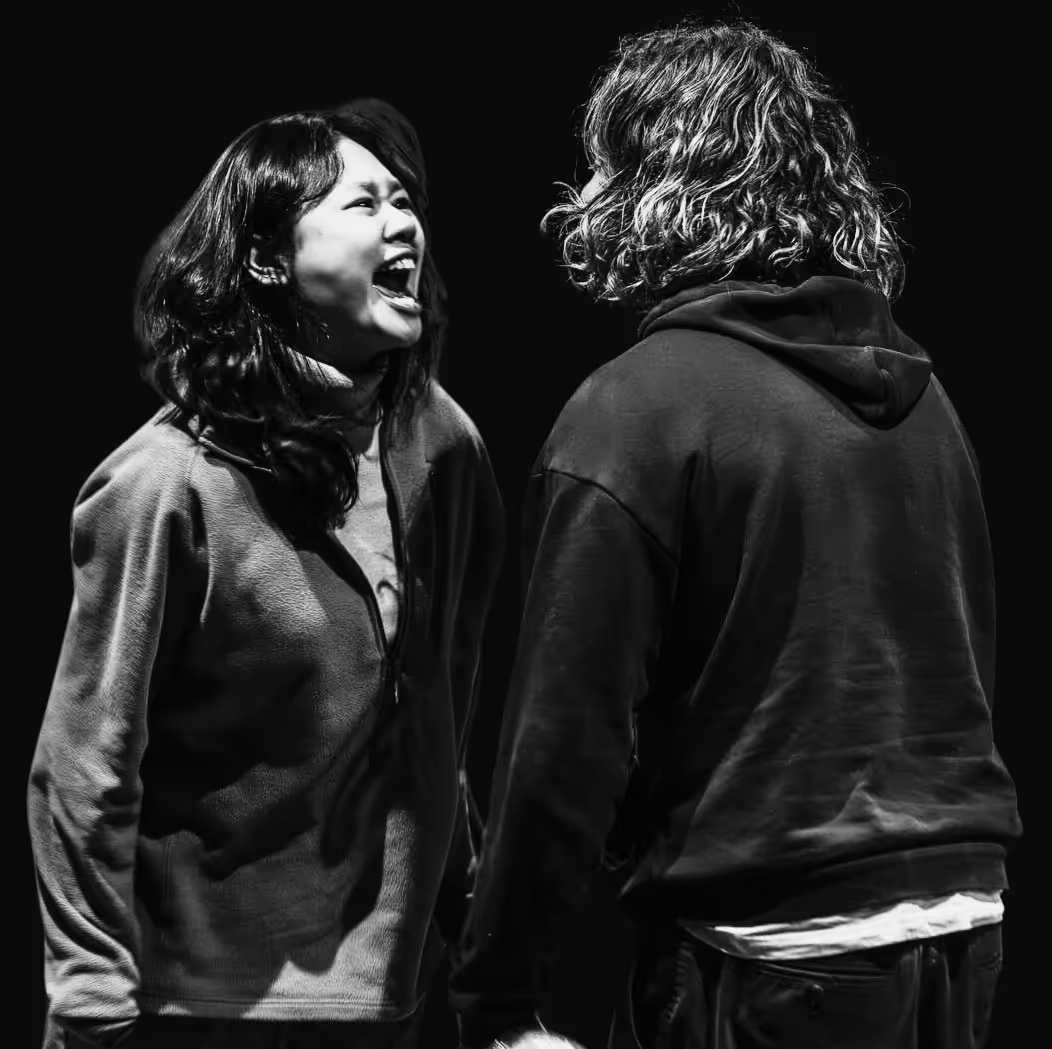
Contact Us
Get in touch with us using the form or details below. We look forward to hearing from you!


Did you ever feel anxious about public speaking during your early school years? Stage fright is totally normal as it’s the body’s response to stress, but how can you make it easier to deal with for that next big performance?
No need to feel embarrassed. Whether it’s an audition, play, or your first rolling scene as an actor, there are many helpful things to help you overcome performance anxiety.
– Uncomfortable thoughts of self-doubt.
– Having low self-esteem.
– Changes in vision.
– Nausea or an uneasy feeling in your stomach.
– Racing pulse, rapid breathing, and sweating.
– A dry mouth, tight throat, trembling hands.
Stage fright, otherwise known as performance anxiety, is caused by the flight-or-fight response, which is a stress response that is sent throughout the body stimulating your adrenaline. Adrenaline is what causes the physiological symptoms of stage fright. Some of the best actors and actresses in the world today still get stage fright. This response can be a completely normal process to go through before a performance.
Though it may not be completely impossible to get rid of stage fright, there are certainly things that you can do to help control your emotional response and reduce anxiety before a performance.

Yes, you can reduce performance anxiety issues the night before. Give yourself that pep talk and a pat on the back. Mental preparation on the day will help you work through any thoughts and feelings contributing to your self-doubt. Fall back on your foundation and training. You know you have done the work, now enjoy it.
Feeling nervous again? Breathe in through your nose and out through your mouth, repeating until calm. Taking a deep breath and practicing mindfulness is an amazing technique for reducing performance anxiety.
Try relaxation apps like the Smiling Mind app; it includes a range of meditations for stress, sleep, or focus. Being able to track your performance anxiety over a period of time is guaranteed to be useful, too.
It sounds cliché but thinking positive thoughts will dictate how you feel and help fight your stage fright. Do you want to be a ball of anxiety, or do you want to keep moving forward and overcome stage fright?
Slow piano medleys, anyone? Playing music from a playlist you’ve pieced together is sure to calm your thinking during the day and reduce performance anxiety. Whether you enjoy Beethoven or a musical, playing a song can help you release the energy you need for the stage.
Overcome stage fright by challenging your thought processes. Are you worried about the way your voice will sound, or whether you’ll forget your lines? Challenge these negative thoughts by turning them into positive ones. Even if you did forget a line, the audience won’t recall it! The show will go on; stage fright won’t.

Don’t worry about people staring at you or how your costume makes you look. Visualise the level of self-confidence you want to be feeling on the stage. Picture your words being clear, your actions being graceful, and your character perfectly represented. Start manifesting a clear intention and focus on what you want to happen.
With any type of performance anxiety, exercise is a great way to release good endorphins and help you feel calm. Put on some music and dance! It will repel your stage fright.
Although coffee is a great morning pick-me-up for your body, it’s probably not a good idea to have it before your performance. Since caffeine is notorious for quickening heart rate, you can run the risk of making your stage fright a lot worse. It’s tempting to munch on something sweet but try some warm tea instead!
Feel calmer by releasing tension and fear from every part of your body. Think about how you want to relax your shoulders, jaw, neck, legs, back, arms, stomach, and thighs, and take a deep breath as you do so. Say goodbye to stage fright.
Turning your perspective from one thing to another is a great psychology trick. If you feel anxious, don’t picture the audience being naked; try focusing on something that isn’t part of the crowd.
Look at the back of the stage or a corner where the audience isn’t visible. You’ll be able to fade them out of your vision; it’ll feel like it’s just you and the stage. Put your attention onto the task.
It’s great to fantasise about how things will pan out perfectly, but it’s important to be realistic as well. Reassure yourself that it’s okay to make mistakes, and it’s okay to have performance anxiety from time to time. Have a stutter here and there, or a brief pause to remember the line? Trust us, the audience doesn’t mind at all.
Stage fright is very common, but there are cases where you’ll need to seek a professional if you continue to feel nervous. Anxiety disorders such as social anxiety disorder and social phobia can be another contributing factor to your performance anxiety, and psychological assistance may be what works for you.
Keeping these tips in mind, you’ll be on your way to controlling and overcoming performance anxiety and stage fright.
Work with a team of dedicated professionals committed to your growth and success, contact The Actors Pulse acting school in Sydney to enquire about acting classes today.









Get in touch with us using the form or details below. We look forward to hearing from you!
